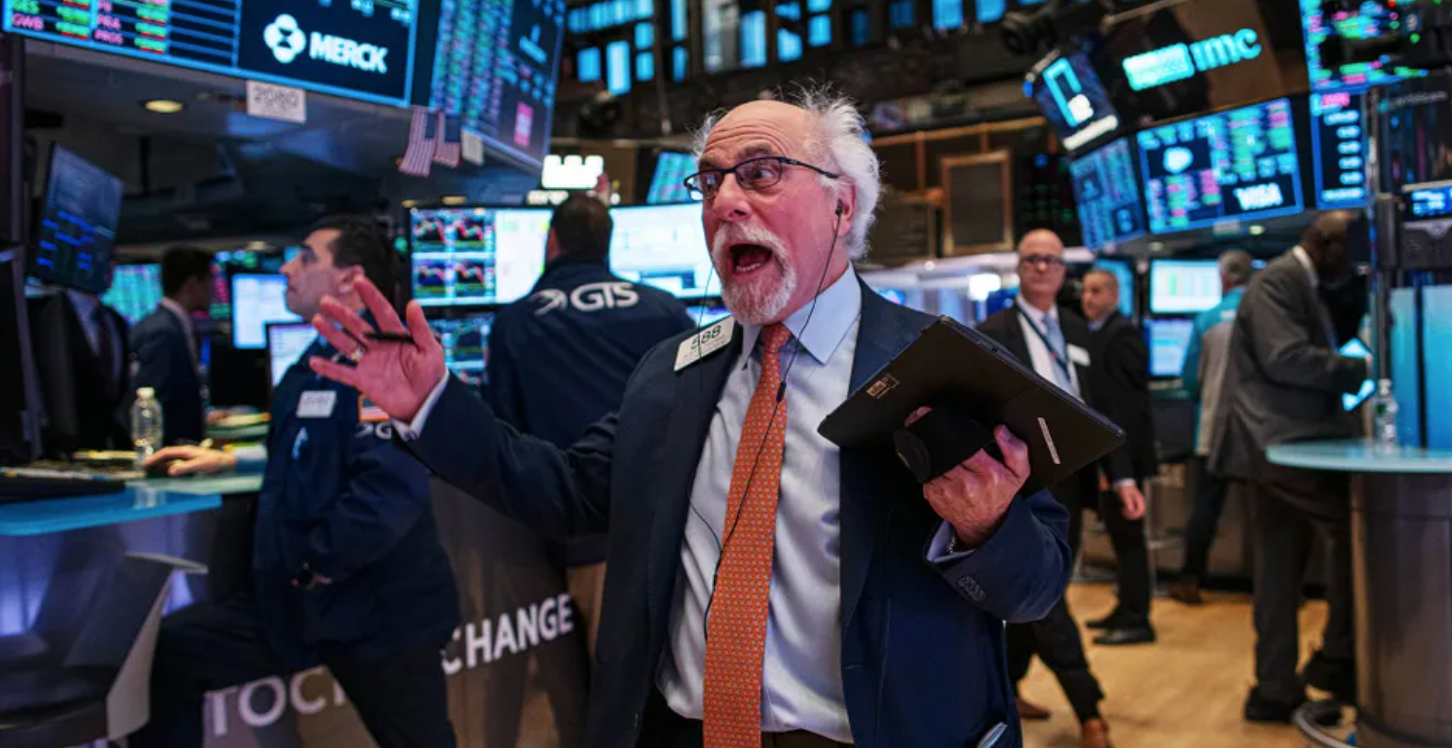After inflation rose to 8.6% last week, the US Federal Reserve had no choice but to act aggressively, which they did this week by raising the federal funds rate by three-quarters of a percentage point, the biggest one-off increase in nearly thirty years.
In addition to the rate hike, the Fed Chairman, Jerome Powell, indicated that another three-quarter point hike is possible at the Fed’s next meeting in July, which implicitly concedes that the US central bank is way behind the curve on containing inflation. The elusive soft landing for the US economy also looks imperilled, and a nasty recession therefore almost certainly looms ahead.
Worst of all, the ‘cure’ of higher rates is unlikely to solve today’s economic problems; in fact, they could well make things worse. Thanks to the Ukrainian war (and the corresponding sanctions imposed in response to the conflict), Americans are suffering on a daily basis, whether it be at the local grocery store, or the gas pump, where gas prices have hit an all-time national high of more than $5.00 a gallon.
Rapid increases in the cost of living have eroded consumer confidence and demand. We can see this in the latest May US retail sales figures: total monthly retail sales growth came in 0.5 percentage points below the consensus expectation. The prior two months were revised down by 0.4 percentage points overall.
Consumer sentiment is also rapidly deteriorating: it fell sharply to record lows earlier this month, well below market forecasts. In full context, this reading is below the level reached during the worst of period in 1980 when inflation was in double digits and the economy was crashing at more than a 10% annual rate. It is also lower than the level reached in the depths of the 2007–09 recession — the worst in three generations.
Even if China were to end its lockdowns and rapidly come back onstream to fill some gaps in the supply chains, it won’t alleviate much of today’s inflation because China is also a major consumer of food and energy (where the price pressures are most acute throughout the world). Hence, we’ll have the worst of all possible worlds: US productive capacity will remain constrained by higher interest rates, while China fills in some supply gaps (but at a cost of further eviscerating what’s left of American manufacturing), all against a backdrop of soaring food and energy price increases.
Even more ominous than the prospect of yet further interest rate hikes are the looming cutbacks in government spending. The US Federal Government budget deficit is forecast to plunge from $2.8 trillion in 2021 to around $1 trillion this year, as most Covid relief programmes expire.
On the surface that might sound good, but the reality is that it constitutes a major economic contraction: the expanded child tax credit ($110 billion) lapsed in December, student loan repayments are likely to restart for tens of millions of Americans, shut-off moratoriums just expired, rents are still rising rapidly, and housing is increasingly unaffordable at a time when many American families are drowning in consumer debt.
All of which means a self-inflicted 1970s-style stagflation cycle lies ahead — a legacy of decades of mistakes made by fiscal and monetary policymakers, now exacerbated by an interventionist foreign policy agenda that risks (literally) blowing everything up.











Join the discussion
Join like minded readers that support our journalism by becoming a paid subscriber
To join the discussion in the comments, become a paid subscriber.
Join like minded readers that support our journalism, read unlimited articles and enjoy other subscriber-only benefits.
Subscribe